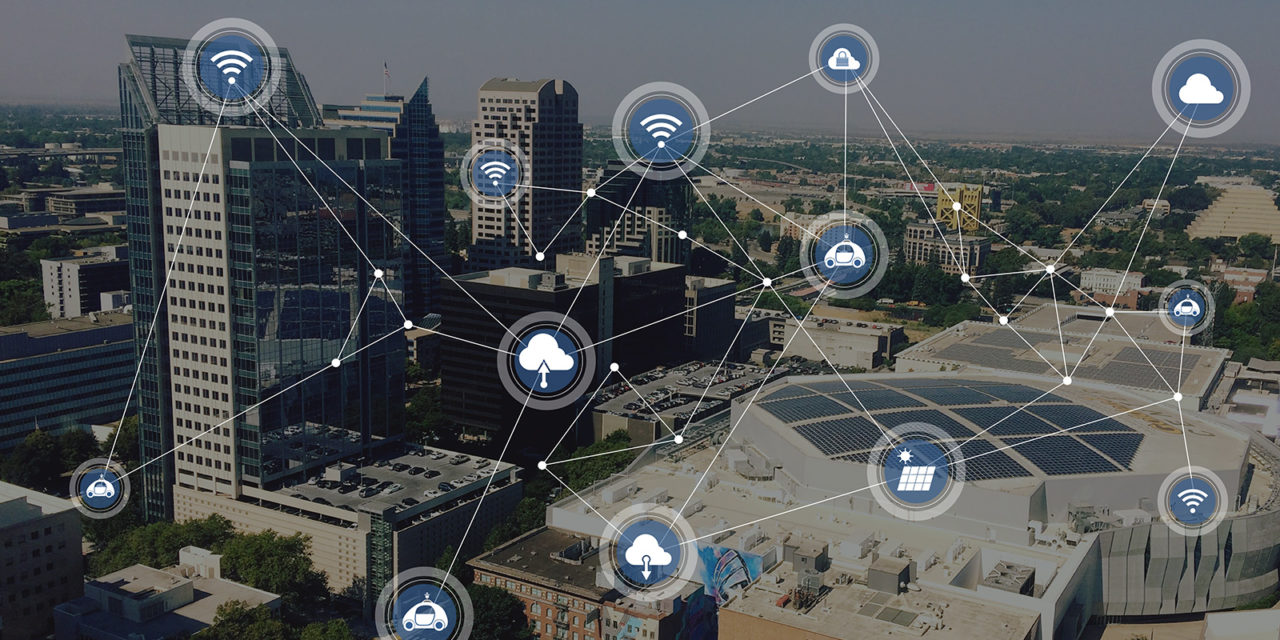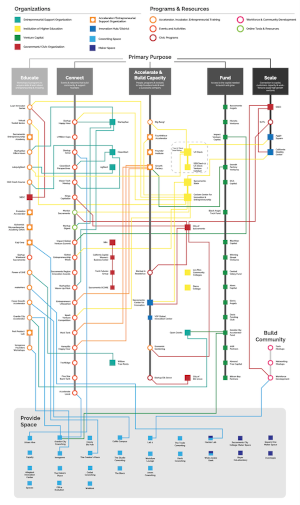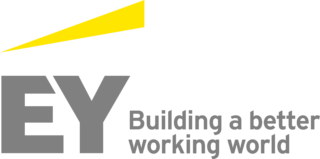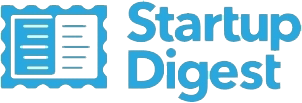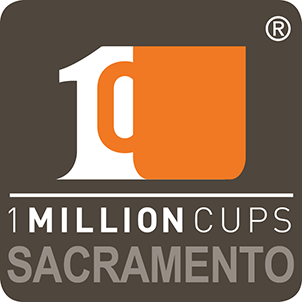Can Sacramento capitalize on the urban tech movement and become an urban tech hub?
Urban Technology, or Urban Tech for short, is an emerging area of interest that you may not have heard of but you’ll likely be hearing a lot more as cities look to new technologies to address urban challenges.
What is Urban Tech
According to Charles LaCalle, Urban Tech and Health Investor at Dreamit Ventures, “Urban tech is a nascent sector of innovation that encompasses products that make cities and urban spaces more connected, livable, and efficient.” It’s a fairly new and still emerging field that leverages new emerging technologies like Internet of Things (IoT), ubitquitous connectivity, sensors and cameras that provide capacity for real-time measurements, and, autonomous vehicles.
Why Urban Tech?
The goals of urban tech and smart cities are to use technology and innovation to reimagine cities and make them more sustainable, resilient, and livable. Daniel L. Doctoroff, chairman and CEO of Sidewalk Labs, a subsidiary of Google’s parent company Alphabet, is one of the thought-leaders in the nascent field of urban tech. He believes that cities are on the cusp of a new technological revolution that results from the convergence of several emerging digital technologies. What are these digital technologies that are central to urban tech? According to Doctoroff, ubiquitous connectivity, sensing, social networks, computing power, and technologies like 3D printing and robotics will combine to radically transform urban living in the decades to come.
These technologies will have lasting impacts on our cities, including:
- Greater efficiency from sharing assets
- More personalized world, with our environment able to learn from us and customize experiences
- Greater sense of community through pooled and shared resources like shared autonomous vehicles
- Real-time monitoring to get a better sense of what’s happening and adapt to it
- Greater flexibility and adaptability to residents’ needs
Urban Tech: Making Cities Smart
It would be natural to assume that big city tech powerhouses like San Francisco and New York City would be the best places for urban technology hubs. But at least one urban technologist, David Robertson, thinks otherwise. In his Medium article, What is the future of urban technology? Robertson states, “choosing two of the richest, most tech savvy places in the world to start is not the right course of action.”
Across the United States, smaller cities are adopting urban technology to create so-called smart cities. Among them, cities like Chattanooga, TN, and Columbus OH.
Chattanooga has launched The Enterprise Center, a non-profit organization with the “mission to establish Chattanooga as a hub of innovation and improve people’s lives by leveraging the city’s digital technology to create, demonstrate, test and apply solutions for the 21st century.”
Chattanooga has already implemented smart traffic lights that enable very fast timing adjustments, and is developing a new smart transportation application that will help residents choose the best route, find parking, and enhance how people move around Chattanooga.
Mobility and transportation are key areas of urban tech. Last year, Columbus won the Smart City Challenge, pulling in $40 million from the U.S. Department of Transportation and $10 million from Vulcan, Inc. Their first forays into urban tech will be mobility, including an integrated data exchange that will collect data from sensors installed on traffic lights and from other sources that then analyze the data to determine which intersections are prone to accidents and which streets are frequently blocked off. It can then alert drivers and vehicles with that information.
Urban Tech in Sacramento
But what about Sacramento? Do we have what it takes to capitalize on the urban tech movement and become an urban tech hub? I believe we do thanks to visionary civic and business leaders that are eagerly embracing urban technology as one component to transform Sacramento. For example, the City has already made strong plays in ubiquitous connectivity and mobility.
This summer, the City struck a deal with Verizon to deliver 5G connectivity, a big step towards the critical ubiquitous connectivity that is needed for urban tech to transform Sacramento into a smart city. In the deal, Verizon will install 101 small cell towers atop utilities poles throughout Sacramento, deliver free Wi-Fi in parks, and digital downtown kiosks. It also includes safety upgrades intended to eliminate traffic-related deaths via the 5G network that will power vehicle-to-vehicle (V2V), vehicle-to-infrastructure (V2I), and vehicle-to-pedestrian (V2X) communications, including a smart traffic light system that will help manage vehicle flow and decrease congestion.
A few days after taking office in December, Mayor Darrell Steinberg, was joined by Rep. Doris Matsui, California Senator Dr. Richard Pan and several Sacramento business leaders to announce Sacramento’s autonomous vehicle initiative, known Autonomous Transportation Open Standards Lab (ATOS). The goal of ATOS is to make Sacramento a real-world testbed for urban mobility. But not only is the City of Sacramento positioning itself in the autonomous vehicle industry as a testbed, but their message to the industry is, “Come to Sacramento to deploy.”
In a packed conference room on the fifth floor of Sacramento City Hall in August, dozens of Sacramento’s tech community, entrepreneurs, and civic hackers came out to a Code for Sacramento Meetup to hear Louis Stewart, Chief Innovation Officer of the City of Sacramento, talk about branding Sacramento as an Urban Technology Lab as well as the role that civic tech and data play in Sacramento’s developing ecosystem. Stewart explained the Mayor’s Office for Innovation and Entrepreneurship’s programming for the Sacramento Urban Technology Lab(SUTL) will focus on seven core verticals:
- Mobility
- Clean Technology and Sustainability
- Health IT and Life Science
- Agriculture and Food Technology
- The Internet of Things (IoT) and Cybersecurity
- Government and Civic Technology
- Workforce Development
Admittedly, not all of these fit wholly and neatly into the urban tech bucket but they definitively show the City’s commitment to engaging the innovation ecosystem, fostering technology innovation here and making Sacramento a world-class innovation hub.
Calling all Sacramento innovators and entrepreneurs!
If you have the technical expertise or business acumen, or even just a lot of passion for tech and Sacramento, now is your time to step up and tackle the urban challenges Sacramento faces and embrace the opportunities and potential that urban technology offers to address those challenges. Want to get involved? Stay tuned in the coming months as we share news, resources, and opportunities about urban tech in Sacramento.
Further Reading
The Urban Tech Movement is Transforming Cities
The urban optimist: Daniel Doctoroff on the future of cities

